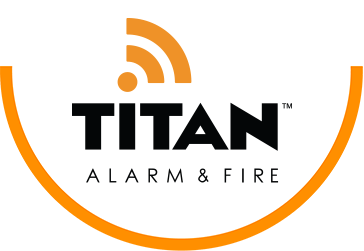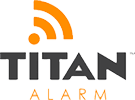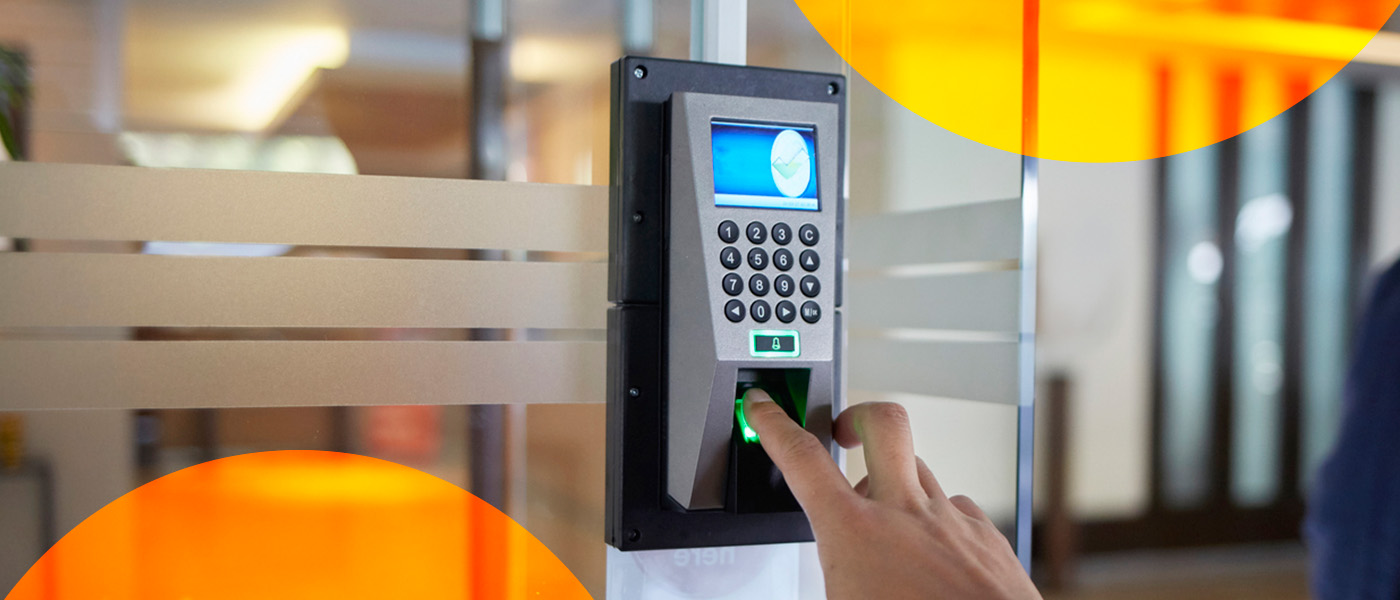In today’s security-conscious environment, security cameras are nearly as valuable of a business commodity as the products a company offers for sale. Commercial security cameras help to deter theft and keep the property safe when no one is there. Recorded video from surveillance cameras provides strong visual evidence that assists in criminal investigations. Even the sight of a camera will deter many individuals from engaging in criminal activities.
What Security Cameras Are the Best?
There are many types of commercial security camera systems currently on the market. Use the following information to help you select the best system for your company:
- Day/night: Day/night commercial outdoor security cameras offer the clear visual images in all types of lighting conditions required for 24/7 exterior monitoring. They can help to prevent break-ins and vandalism, while also providing surveillance of parking areas.
- Dome: Often installed in retail stores to detect shoplifters, dome cameras offer an unobtrusive, but not completely hidden security solution.
- PTZ: Pan-tilt-zoom cameras are a good choice for covering large areas such as warehouses or manufacturing plants. They’re also among the most complex — and expensive — commercial security camera systems.
- Bullet: These cylindrical cameras are typically used in conjunction with closed-circuit television (CCTV) systems to monitor designated high-risk areas. While bullet cameras cannot tilt, zoom or pan, they are usually waterproof, which enables outdoor or indoor use.
- Spy: These compact cameras offer a covert security solution for monitoring activities in small areas. However, they provide relatively poor image quality, and there are certain legal/privacy restrictions regarding their use.
- Covert: Covert cameras offer the benefit of disguise. They can take the form of devices such as alarm clocks, smoke detectors or other smaller items that tend to blend into the surroundings.
- Infrared: Also known as night-vision cameras, infrared devices are used in businesses and homes for monitoring pitch-dark or dimly lit areas.
- Varifocal: This flexible security camera solution works best for monitoring situations where the distances and viewing angles may vary. Users can zoom in and out without affecting the focus.
- HD: High-definition cameras offer the best image quality, making them a preferred choice for protecting expensive items in stores or secure facilities. They’re able to zoom in without negatively impacting image quality.
- IP: Internet protocol cameras represent the most advanced security camera technology. They’re able to transmit video via the Internet. That, when combined with their wireless functionality, makes them the ideal choice for large security networking applications that require covering long distances.
- Dummy: These “fake” cameras offer no monitoring or recording capabilities and primarily serve as an inexpensive visual deterrent. Many models include flashing red lights and other features that simulate a live camera operation.
Titan Alarm, Inc. Can Help You Explore Your Commercial Security Camera Options
Titan Alarm is your source for the best commercial camera systems in the Phoenix, AZ area. We also have the expertise to help you choose the right system for your needs and budget. Contact us for more information and to schedule a free on-site security consultation today.
Learn More About Commercial Video Surveillance
- Self Storage Security System And Video Surveillance
- Small Business Retail Theft Prevention
- Surveillance For Your Business
- The Importance Of Video Surveillance Systems
Updated by Titan Alarm on November 5, 2018.













